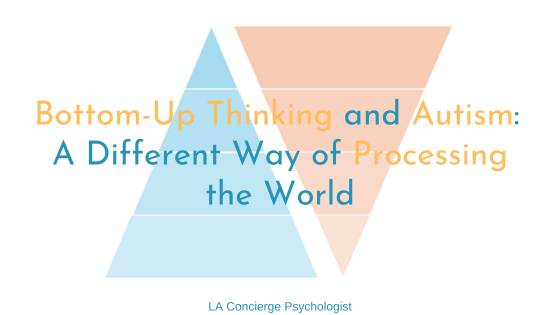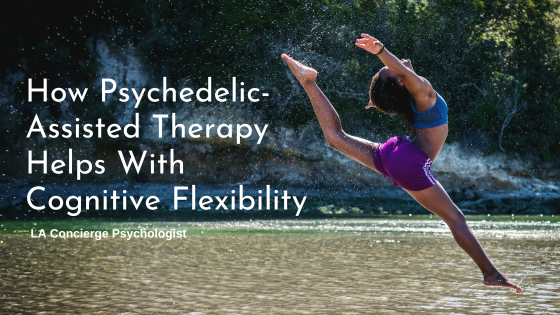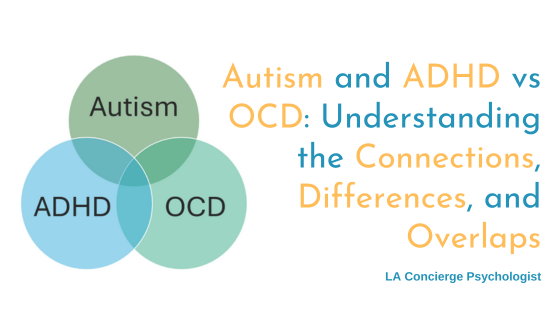Friendship brings comfort, support, and joy into our lives. But, just like any relationship, it isn’t immune to conflict. It’s how we manage when those conflicts arise that determines the long-term success of the relationship. Conflict can ruin a friendship. Or, if handled correctly, it can help it become deeper and stronger.
Understanding The Impact Of Attachment Styles on Friendships and Conflict
Individual attachment styles play a big part in how each person manages conflict in a friendship. Each attachment style uses different communication patterns, some of which are helpful, while others can make conflicts more complicated.
Understanding the information below helps us identify and adapt to how each person in a friendship responds during a conflict. Knowing whether someone leans towards anxious, avoidant, or secure attachment lets us know where their fears might lie and what their conflict strategy could be. This helps us communicate more effectively by creating a safer and more empathetic environment for conflict resolution. It also helps us avoid potential misunderstandings that could strain the friendship. Knowing someone’s attachment style doesn’t guarantee how they will behave during a conflict; people are more complicated than that. But it does give us a good place to start.
Anxious Attachment
For example, anxiously attached friends often experience intense emotional turbulence during conflicts. Friends who are anxiously attached are more likely to resort to withdrawal or aggressive reactions. Their fear of rejection or abandonment might lead them to avoid confronting issues directly, causing unresolved tension. This can create misunderstandings if one person perceives this unwillingness as disinterest or stubbornness. And this creates a vicious cycle.
Avoidant Attachment
Avoidantly attached friends might become defensive or start yelling, which hinders effective communication. They often fear the vulnerability that comes with deep communication, and anger is a way to protect themselves from having to engage. Conflicts in friendships might also prompt them to just cut ties. Part of them was always a little prepared for it to end, and they would rather walk away than be exposed to that openness and potential pain.
Secure Attachment
Securely attached friends, however, work on navigating conflicts in a more constructive way. Their trust in the friendship and in their ability to handle conflict enables them to approach the situation with openness and empathy. They actively listen to their friends’ perspectives and collaborate to find solutions. For secure people, repair is the first option instead of an unlikely outcome. They still have to put in hard work to navigate the conflict effectively, but they have fewer barriers to doing so.
Tips For Navigating A Conflict In A Friendship
1. Normalize Conflict
People often avoid conflicts in their friendships because they are afraid that actively addressing issues might lead to increased strain… or even end the relationship. However, conflicts in friendships are a natural and normal part of life. Avoiding them can actually exacerbate problems and create resentment. When we normalize conflicts, instead of avoiding them, we acknowledge that disagreements are bound to happen and that they don’t have to be detrimental. Instead, we can let them serve as opportunities for growth and communication.
2. Calm Your Feelings
Before engaging in conflict, people should take some time to calm their emotions and self-reflect. This involves acknowledging and validating our own feelings while practicing self-compassion. By being in a more balanced emotional state, it’s possible to approach the conversation with a clearer and more open mind.
3. Prepare For The Conversation
Effective conflict resolution requires preparation and clear communication. Both parties should be informed about the talk ahead of time, and both need to be willing to engage in the discussion. It’s helpful if both parties can agree on the goals of the conversation. If they mutually decide the goal of the discussion is to repair, not end the relationship, the conversation can lead to a constructive place where the relationship can grow. This is only possible if both people understand that repair, not ruin, is the intended end-game. This way both people feel safe enough to participate. Also, by positioning the conversation in this way, the conflict at hand is the “problem”, not each other.
4. Take All Perspectives Seriously
During the conversation, make sure that both perspectives are heard and respected. Emphasize that multiple truths exist– it’s unlikely, in many cases, that one person is absolutely right or absolutely wrong. Trying to find common ground can lead to mutual understanding and resolution. So be willing to hear and understand everyone’s viewpoint. You don’t have to agree; you just have to listen.
5. Manage Your Reactions
To keep the conversation constructive, identify the actual feelings behind your triggers. Pausing, breathing, and reflecting on our emotions can help us stay regulated during the conflict. Getting overly triggered can impair our ability to respond thoughtfully and constructively. Each person should take responsibility for managing their triggers while respecting, not controlling, the triggers of others.
6. Create Growth Opportunities
The earlier steps are the preparation for this part of the conflict, where friends figure out what needs to happen to repair the relationship. Both parties should have an opportunity to talk about behavior changes they wish to see. If the other person feels like they can and should make those changes, they should commit to doing so. If the change one person requests isn’t possible, friends should work on a collaborative compromise, or it might be time to reevaluate the boundaries of the relationship.
Conflict in Friendships Can Lead to Growth
By following these steps, it’s possible to manage your anger and even have a healthy and productive conflict with a friend. Managing conflict in a friendship is difficult, but it can lead to stronger relationships. When we use it as an opportunity to engage in constructive conversations about our disagreements, we can learn more about ourselves and our friends. And maybe even prevent future problems before they happen! By understanding attachment responses to conflict and practicing healthy habits around conflict communication, friendships can survive, and even thrive, in even the most turbulent situations.
Find Professional Support to Maintaining Your Friendships
If you want to improve your conflict management skills and better understand your own attachment style, our therapists can help. With our support, you can gain insight into your unique communication patterns and emotional responses, which can help you navigate conflicts with genuine empathy and understanding. Throughout your therapeutic journey, you’ll gain a deeper and more compassionate view of your attachment style and how it influences your responses during conflict resolution. This allows you to cultivate healthier coping mechanisms and communication strategies, and helps you grow stronger and more fulfilling friendships.
If you are interested in seeing a therapist at our practice, you can send us a message or book a free 20 minute consultation call with Dr. Barajas or Dr. Goldman.



